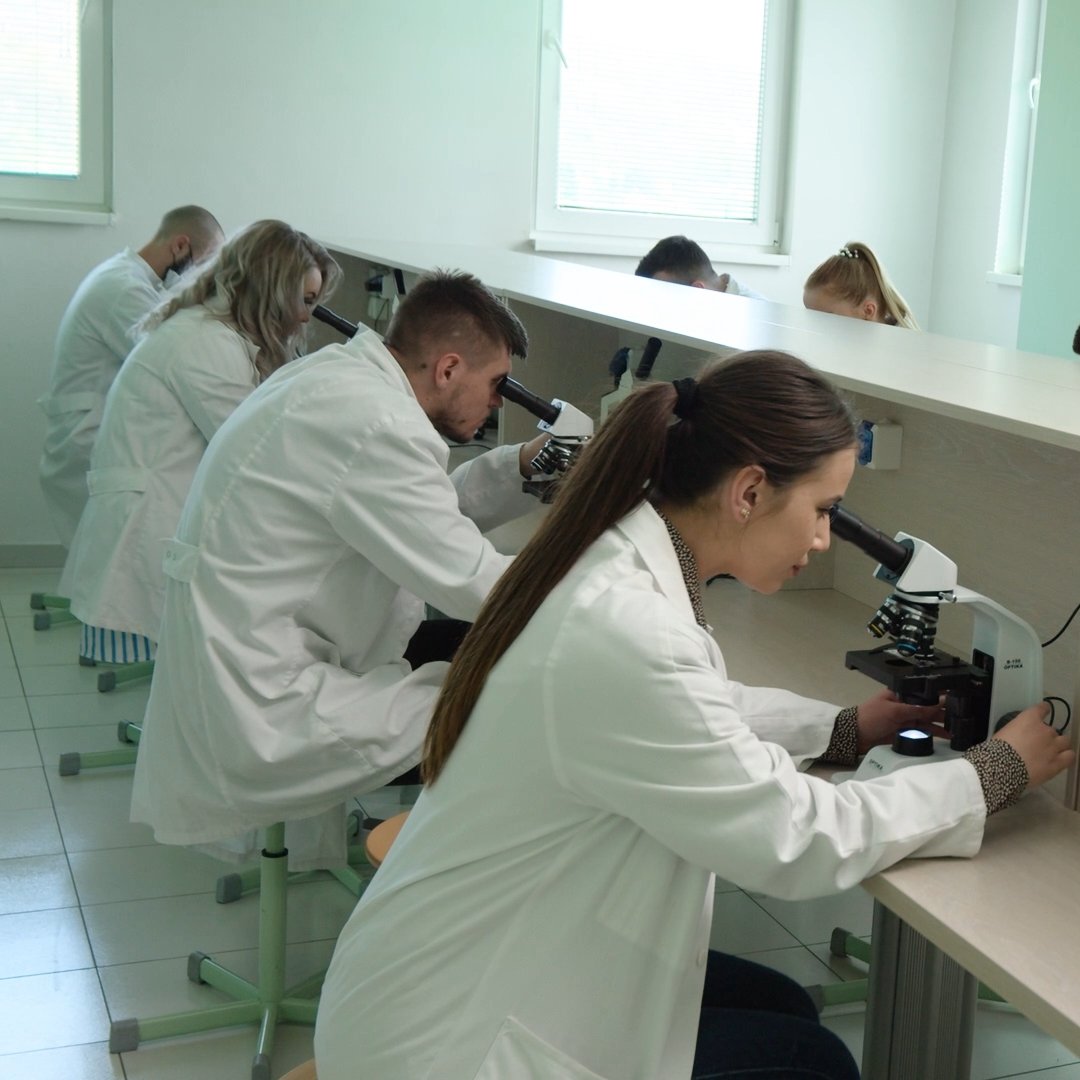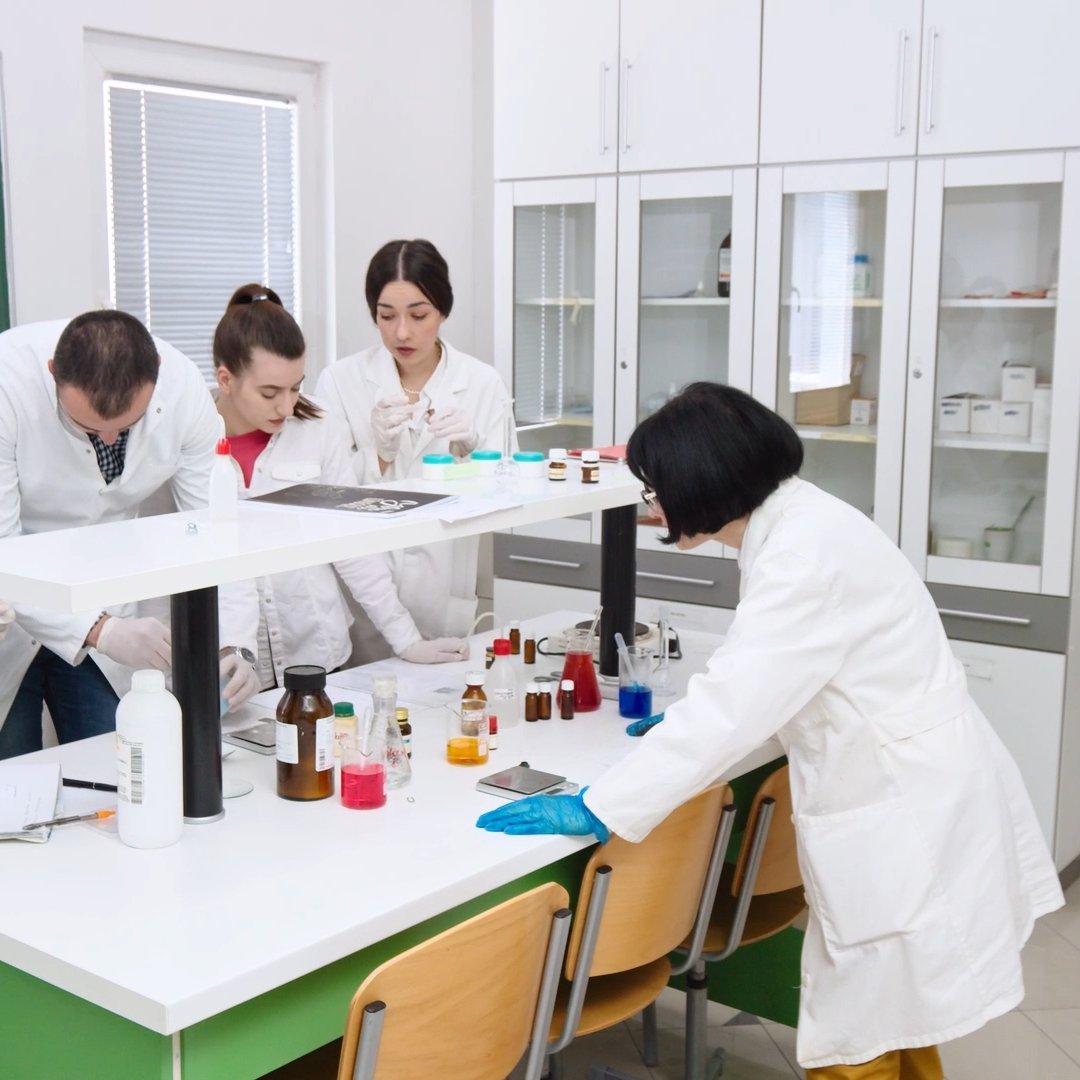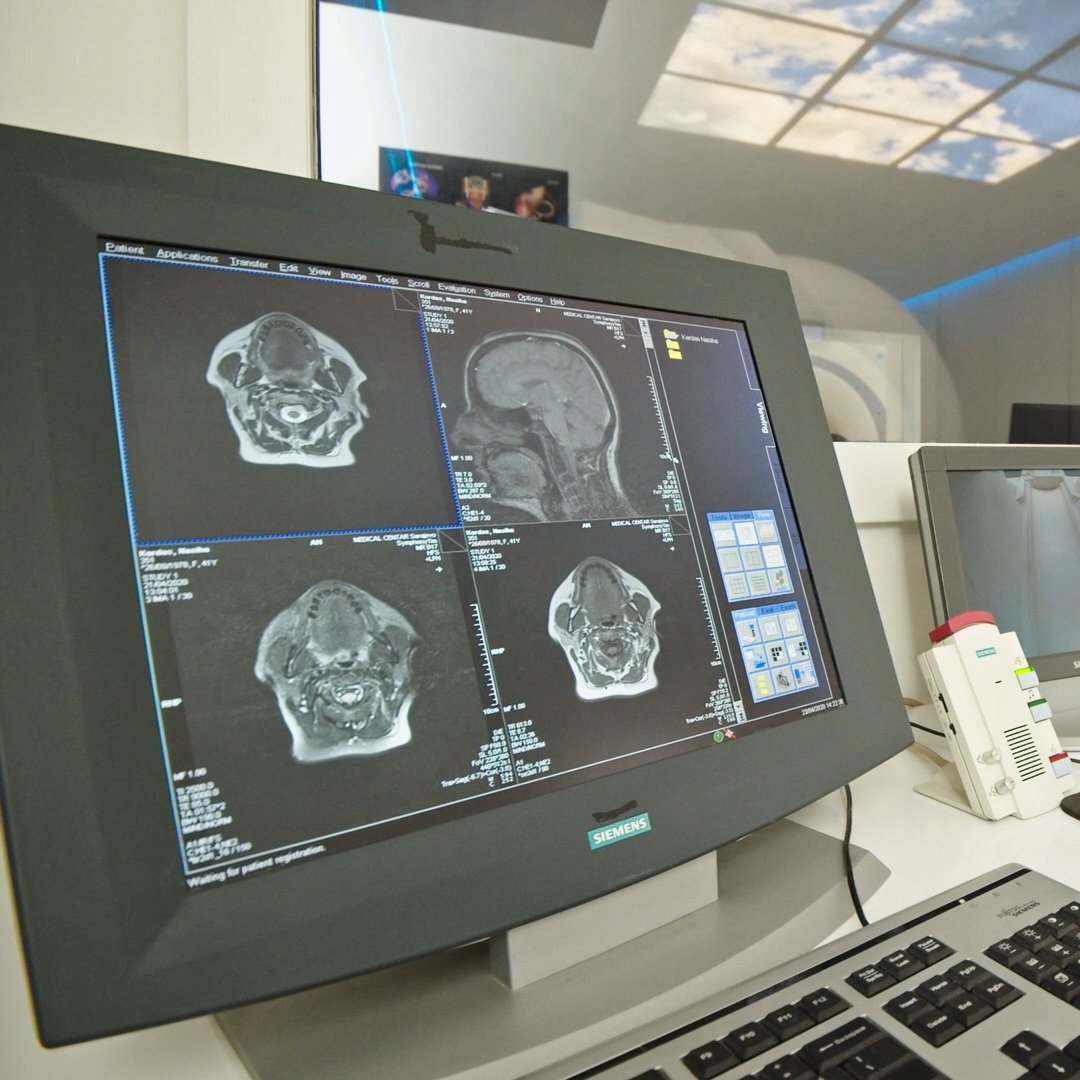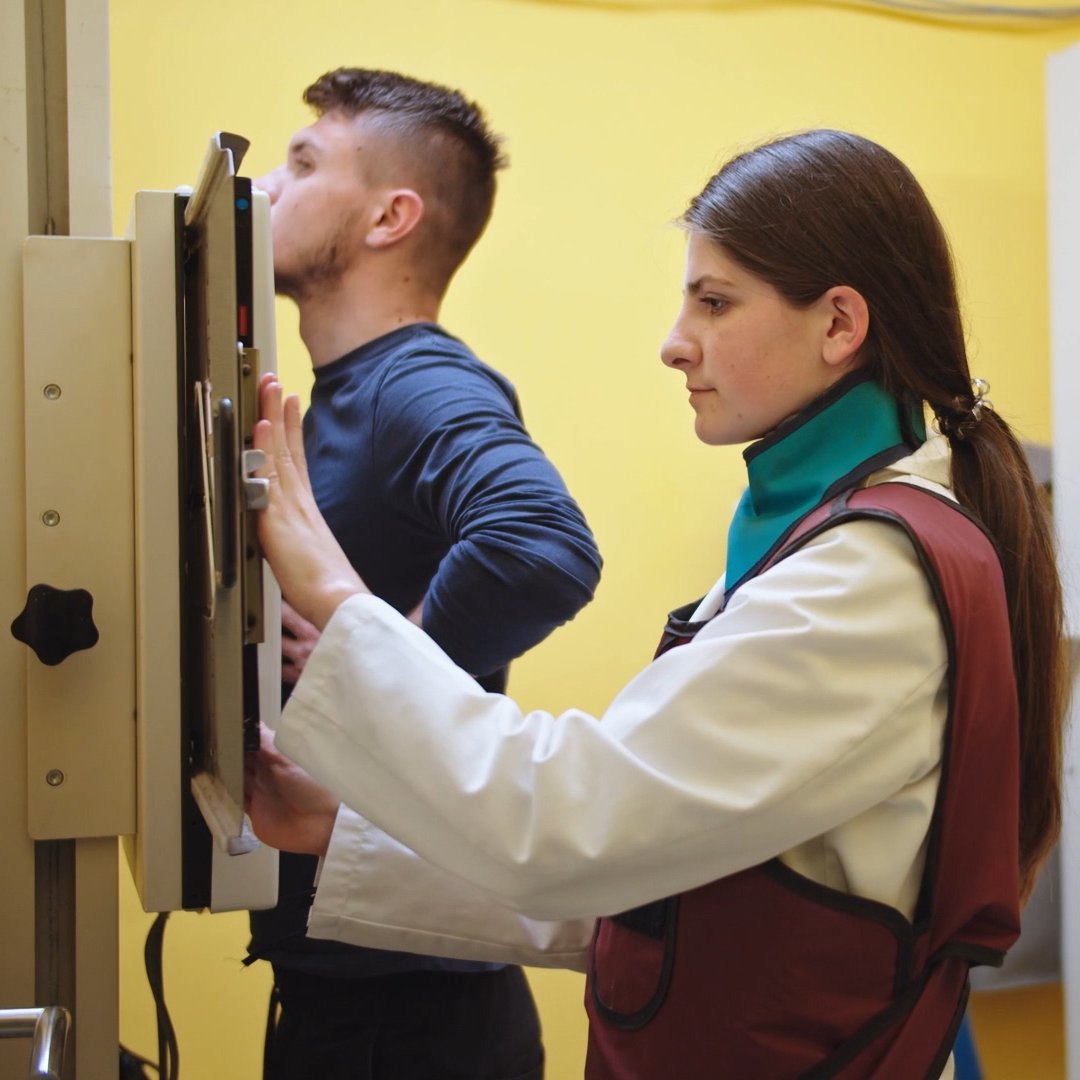Faculty of Pharmacy and Health
The Faculty of Pharmacy and Health is a higher education institution that enables the acquisition of quality education. The interdisciplinary study program is based on the principles of the Bologna process - the first, second, and third cycle of studies, according to the European Credit Transfer System (ECTS). The faculty has adequate teaching staff, space, laboratories, and halls for practical teaching, as well as a library and other supporting facilities that enable students to receive quality education. In addition, within the faculty, there is also an institute for biomedical diagnostics and research, which has modern laboratories and research equipment for the implementation of scientific research projects and the practical implementation of doctoral studies.
Departments and study programs of the first study cycle (3+2 and 4+1)
• Radiology
• General direction of nursing
• Physiotherapy
• Medical laboratory diagnostics
Departments and study programs of the II study cycle (3+2+3 and 4+1+3)
• Radiology
• General direction of nursing
• Physiotherapy
• Medical laboratory diagnostics
Departments and study programs of integrated studies (5+0)
• Integrated study of pharmacy lasting five years
• Integrated study of dentistry lasting five years
Study programs and majors in the 3rd cycle of studies:
• Dentistry
• Pharmacy
• Clinical medicine
• Public health
Competences
The education of students at this faculty aims to train experts who can act independently in areas such as dentistry, pharmacy, radiology, nursing, physiotherapy, and medical laboratory diagnostics. Upon completion of studies in dentistry, the student is qualified to treat diseases of the mouth, teeth, jaws, and other structures of the stomatognathic system, as well as for preventive action and development of awareness in children and adults about oral health. Upon graduation, a pharmacy student acquires professional competencies in public health and the provision of pharmaceutical health care, as well as organizational, management, and leadership competencies in the pharmaceutical industry. Graduated students of medical laboratory diagnostics are trained to perform various analyses of blood, urine, and other biological material, which helps doctors detect and treat diseases. Their job involves taking samples, e.g., blood drawing and proper sample collection, e.g., effusions or pieces of tissue that a doctor takes with special procedures. These students work in various laboratories in health institutions, hospitals, clinics, health centers, institutes, or private practice.
The title that a student acquires upon completing his studies is:
I cycle:
• Bachelor of medical and laboratory diagnostics
• Engineer (Bachelor) in medical radiology
• Bachelor of Nursing
• Bachelor of medical and laboratory diagnostics
II cycle:
• Master's degree in medical and laboratory diagnostics
• Master of radiological techniques
• Master of Health Care and Therapy
• Master's degree in medical and laboratory diagnostics
Integrated study:
• Doctor of Dentistry
• Master of Pharmacy
III cycle:
• Doctor of Science in the field of biomedicine and healthcare









